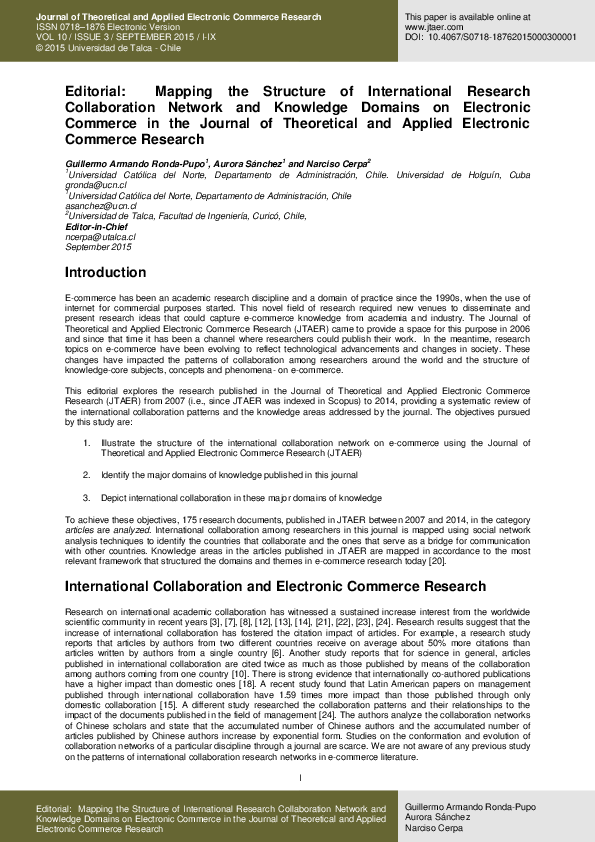Delving into Human Factors through LSTM by Navigating Environmental Complexity Factors within Use Case Points for Digital Enterprises
IF 5.1
3区 管理学
Q1 BUSINESS
Journal of Theoretical and Applied Electronic Commerce Research
Pub Date : 2024-02-14
DOI:10.3390/jtaer19010020
引用次数: 0
Abstract
Meeting customer requirements in software project management, even for large digital enterprises, proves challenging due to unpredictable human factors. It involves meticulous planning and environmental factor analysis, ultimately benefiting both companies and customers. This paper came as a natural extension of our previous work where we left ourselves curious about what impact environmental complexity factors (ECFs) have in a use case point (UCP) approach. Additionally, we wanted to possibly decrease the mean magnitude relative error (MMRE) with deep learning models such as long-short-term-memory (LSTM) and gradient recurrent unit (GRU). The data augmentation technique was used to artificially increase the number of projects, since in the industry world, digital enterprises are not keen to share their data. The LSTM model outperformed the GRU and XGBoost models, while the average MMRE in all phases of the experiment for all models achieved 4.8%. Moreover, the post-agnostic models showed the overall and individual impact of eight ECFs, where the third ECF “team experience” on a new project has been shown as the most influential one. Finally, it is important to emphasize that effectively managing human factors within ECFs in UCPs can have a significant impact on the successful completion of a project.通过 LSTM 在数字企业使用案例点内导航环境复杂性因素,深入研究人为因素
在软件项目管理中满足客户要求,即使是大型数字企业,也会因不可预测的人为因素而面临挑战。这需要进行细致的规划和环境因素分析,最终使公司和客户受益。本文是我们之前工作的自然延伸,我们对环境复杂性因素(ECF)在用例点(UCP)方法中的影响感到好奇。此外,我们还希望利用长短期记忆(LSTM)和梯度递归单元(GRU)等深度学习模型来降低平均相对误差(MMRE)。数据扩增技术用于人为增加项目数量,因为在行业领域,数字企业并不热衷于共享数据。LSTM 模型的表现优于 GRU 和 XGBoost 模型,而所有模型在所有实验阶段的平均 MMRE 达到了 4.8%。此外,后诊断模型显示了八个 ECF 的整体和个体影响,其中第三个 ECF "团队在新项目上的经验 "被认为是影响最大的因素。最后,需要强调的是,在 UCP 中有效管理 ECF 中的人为因素对项目的成功完成具有重要影响。
本文章由计算机程序翻译,如有差异,请以英文原文为准。
求助全文
约1分钟内获得全文
求助全文
来源期刊
CiteScore
9.50
自引率
3.60%
发文量
67
期刊介绍:
The Journal of Theoretical and Applied Electronic Commerce Research (JTAER) has been created to allow researchers, academicians and other professionals an agile and flexible channel of communication in which to share and debate new ideas and emerging technologies concerned with this rapidly evolving field. Business practices, social, cultural and legal concerns, personal privacy and security, communications technologies, mobile connectivity are among the important elements of electronic commerce and are becoming ever more relevant in everyday life. JTAER will assist in extending and improving the use of electronic commerce for the benefit of our society.

 求助内容:
求助内容: 应助结果提醒方式:
应助结果提醒方式:


